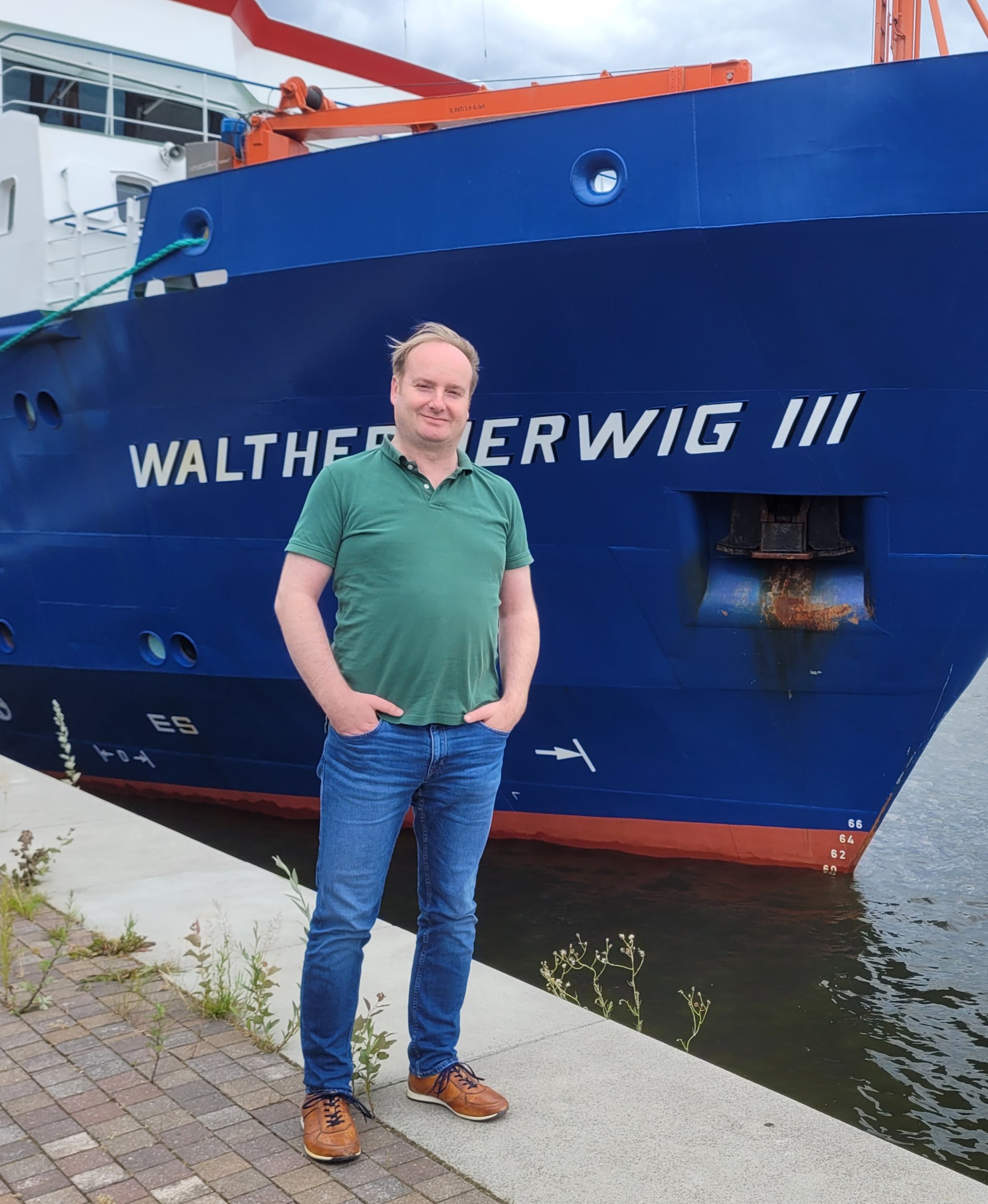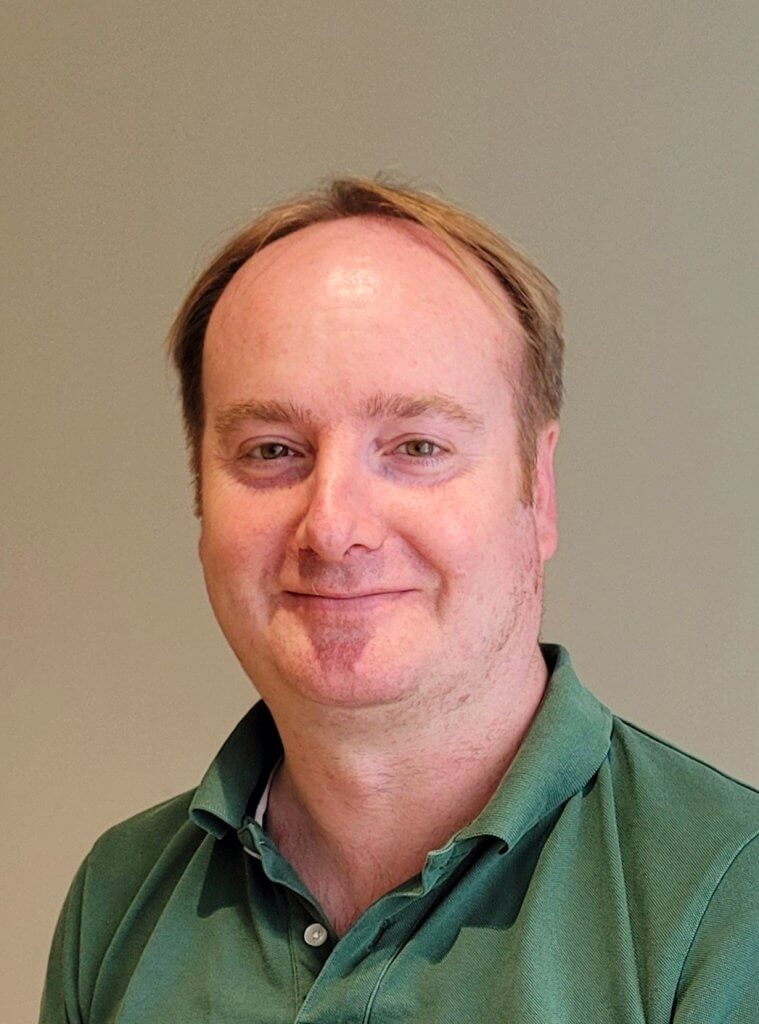SEAwise is led by a core team of partners who lead the programme’s work themes and regional case studies, and spearhead the fantastic work being done to encourage our SEAWise Network to get involved in all areas of our research. They bring their knowledge and experience of fisheries and marine ecosystems, not to mention their enthusiasm and passion, to make a real impact to the longevity of sustainable management systems. Collectively, they make up our Steering Committee.
We spoke with each of them to hear more about what drives them to work towards the implementation of EBFM, and find out what excites them most about their work within SEAwise!

How is EBFM important to you?
In my work as department lead for Marine Living Resources at the Thünen Institute of Sea Fisheries in Germany, I have seen first-hand the critical need for healthy ecosystems in order to ensure that we can provide sufficient food for future generations. Implementing EBFM is, in my opinion, key to establishing these healthy ecosystems, ensuring sustainable fisheries, and facilitating long-lasting food security.
Which aspects of Ecosystem Based Fisheries Management interest you most, and why?
In order to adapt targets and limits for fisheries management in a way that is both sustainable and free of bias, we must first establish a strong understanding of how all factors relating to fisheries impact marine resources – including external factors, such as climate change and food webs.
Alongside this, we need to develop a better understanding of how we can minimise the negative impacts of fisheries on marine environments through effective, practical, and economically viable management measures.
The potential of EBFM to tackle these issues is of particular interest – and importance – to me.

How do you think your work in SEAwise will improve Ecosystem Based Fisheries Management?
The effective implementation of EBFM requires a thorough understanding of the processes at play within the socio-ecological systems that surround fisheries, as well as an awareness of how to transfer scientific knowledge into useful, applicable advice for use by all stakeholders. With experience in both fields of these areas, I hope that I can contribute to SEAwise’s efforts to establish a strong basis from which to enhance EBFM across Europe!
Alex has expertise in multi-species and ecosystem modelling to investigate fisheries management strategies, and has been involved in stock and bio-economic impact assessments as part of ICES and STECF. He has chaired ICES working groups on multispecies stock assessment methods and the North Sea working group, and has participated in several EU projects, including MYFISH and PANDORA. Within SEAwise, Alex is Co-Lead for the North Sea Case Study.
Our dynamic network of fisheries stakeholders is key to SEAwise’s work. We are actively seeking representatives from key management agencies, the fishing sector, NGOs and the scientific community to take part in workshops and other in-person or online knowledge-gathering activities. The shared insights and lived experiences of network members will support the development of a comprehensive understanding of the needs and priorities of a diverse range of fisheries stakeholders, and how to fulfil these.
Stay up to date with SEAwise news and research, hear about upcoming events, and receive updates on fisheries news from across the European seascape.